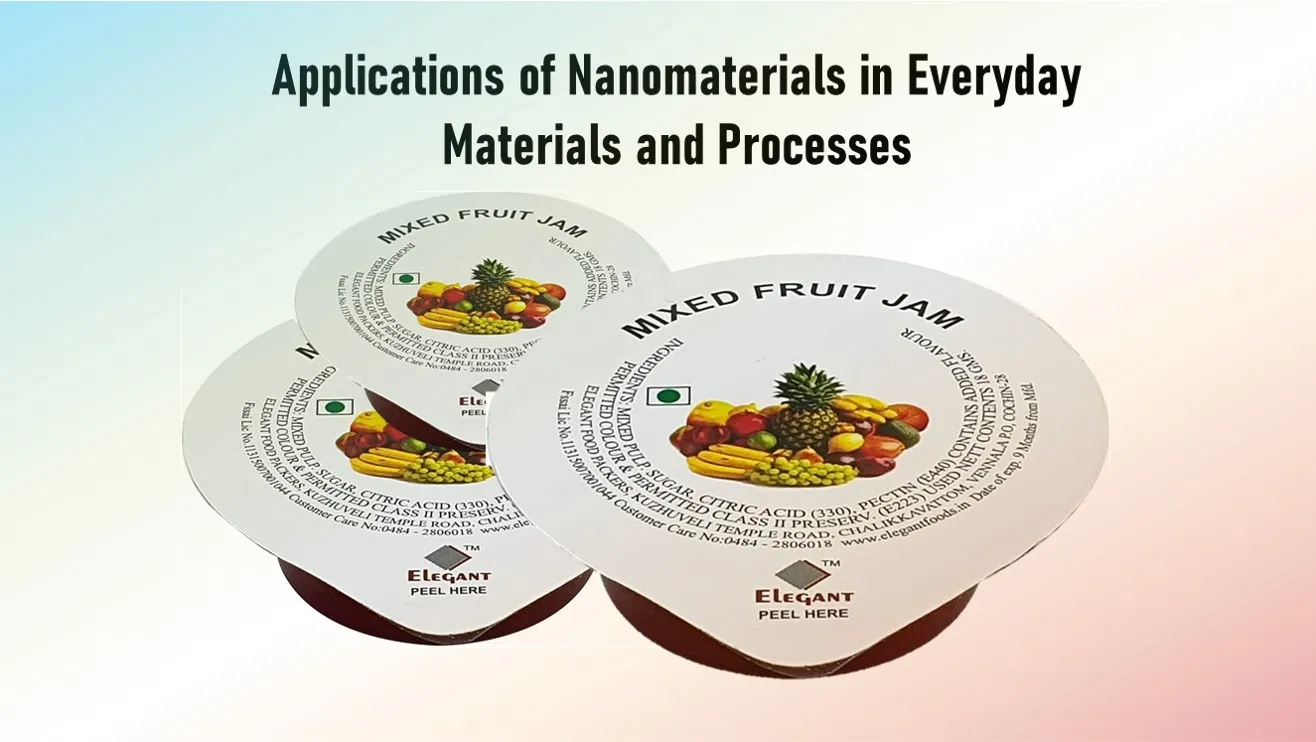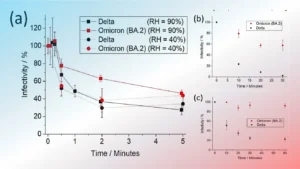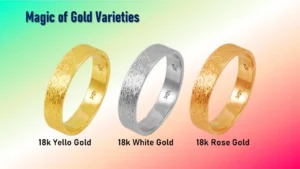Here are the most common applications of Nanomaterials in everyday materials and process like polymer composite materials, fabrics, nanomaterial films, cosmetic products, food industry, automotive products, Household products, Coating of machine parts and As Catalyst etc. are discussed below:-
Uses of Nanomaterials in Polymer composite materials
Nanoscale additives in polymer composite materials for baseball bats, tennis rackets, motorcycle helmets, automobile bumpers, luggage, and power tool housings can make them simultaneously lightweight, stiff, durable, and resilient.
Uses of Nanomaterials in Fabrics
Nanoscale additives to or surface treatments of fabrics help them resist wrinkling, staining, and bacterial growth, and provide lightweight ballistic energy deflection in personal body armor.
Nanomaterial films
Nanoscale thin films on eyeglasses, computer and camera displays, windows, and other surfaces can make them water-repellent, anti-reflective, self-cleaning, resistant to ultraviolet or infrared light, anti-fog, antimicrobial, scratch-resistant, or electrically conductive.
Cosmetic products
Nanoscale materials in cosmetic products provide greater clarity or coverage; cleansing; absorption; personalization; and antioxidant, anti-microbial, and other health properties in cleansers, complexion treatments, creams and lotions, shampoos, and specialized makeup.
Food industry
Nano-engineered materials in the food industry include nanocomposites in food containers to minimize carbon dioxide leakage out of carbonated beverages, or reduce oxygen inflow, moisture outflow, or the growth of bacteria in order to keep food fresher and safer, longer. Nanosensors built into plastic packaging can warn against spoiled food. Nanosensors are being developed to detect salmonella, pesticides, and other contaminants on food before packaging and distribution.
Automotive products
Nano-engineered materials in automotive products include high-power rechargeable battery systems; thermoelectric materials for temperature control; lower-rolling-resistance tires; high-efficiency/low-cost sensors and electronics; thin-film smart solar panels; and fuel additives and improved catalytic converters for cleaner exhaust and extended range.
Household products
Nano-engineered materials make superior household products such as degreasers and stain removers; environmental sensors, alert systems, air purifiers and filters; antibacterial cleansers; and specialized paints and sealing products.
Coating of machine parts
Nanostructured ceramic coatings exhibit much greater toughness than conventional wear-resistant coatings for machine parts.
Uses of Nanomaterials in As Catalyst
Nanoparticles are used increasingly in catalysis to boost chemical reactions. This reduces the quantity of catalytic materials necessary to produce desired results, saving money and reducing pollutants. Two big applications are in petroleum refining and in automotive catalytic converters.
Also Read:
Applications of Nanomaterials in Medical and Healthcare industries
Basic Concepts on Nanotechnology, Nanoscale, Nanomaterials, Nanoscience and Nanoengineering












1 thought on “Applications of Nanomaterials in Everyday Materials and Processes”